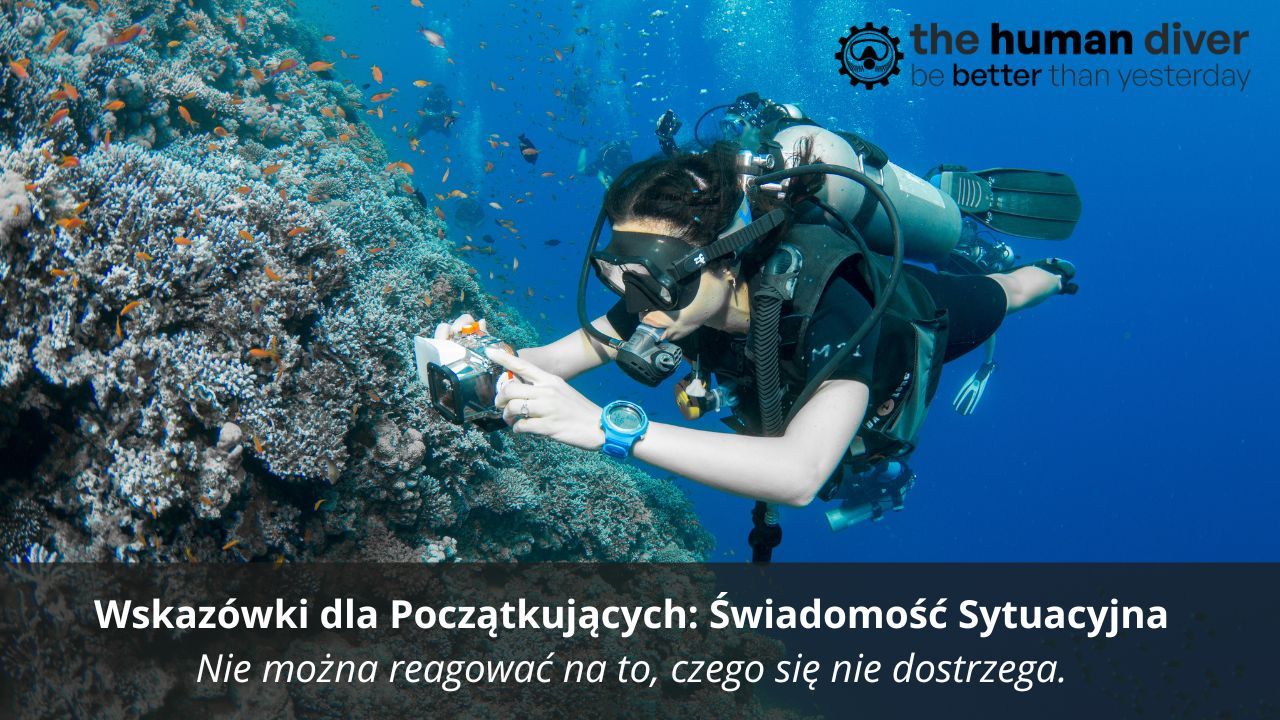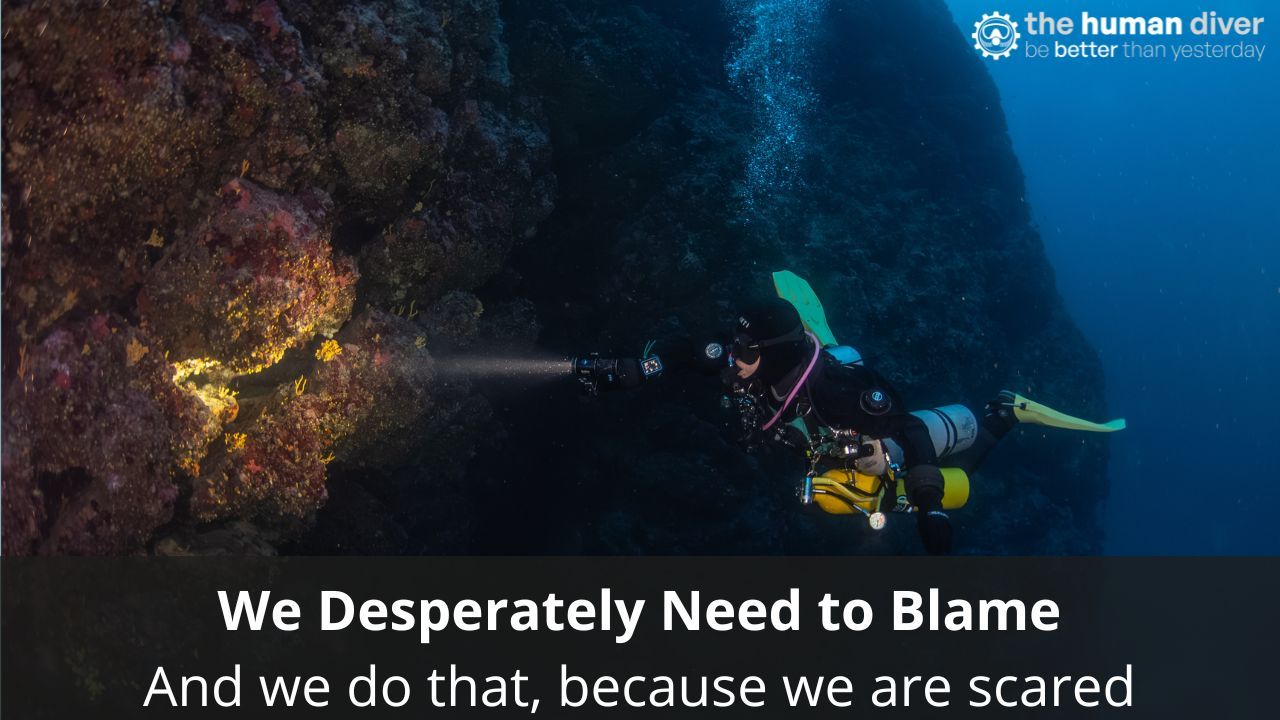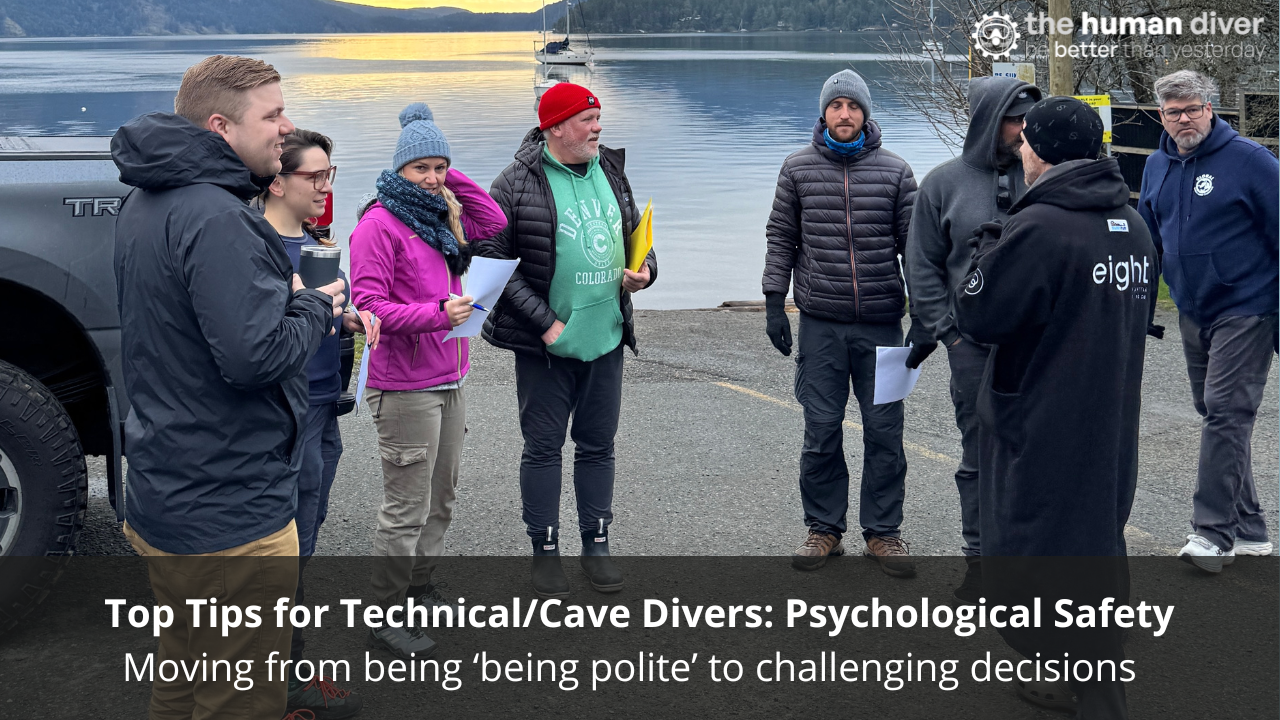
The Effect of your Environment on your Decision Making: Performance Shaping Factors in Diving
Apr 09, 2025When asked to explain what Human Factors are and what we mean when we talk about them in the context of diving, I will sometimes paraphrase one of the THD taglines and say our goal is “making it easier to make the right decision and harder to make the wrong one”. At the end of the day this is our goal, however what we sometimes don’t consider is the effect our environment has on our decision making.
There are multiple factors that can come into play here, but I wanted to focus on two that directly affect my own ability to make decisions.
The first is a function of the fact that I travel a lot to teach, and I don’t usually have the time to allow several days on either side of a class to get over jet lag. This means my performance is affected for the first few days of a class and I’m not usually 100% until about day three. But the show must go on! In recognition of this, I try to work on catching up on my sleep immediately and get rest whenever I can find it. I’m lucky in that the first few days of a class are not the most stressful days, and I can draw on a lot of experience to anticipate what is going to come next. As I get older though, this starts to have diminished returns, and I find I need to adjust to accommodate to the new reality. One thing I found that helps is being more careful about what I eat on the plane and drinking enough water on the trip. The point is though that tiredness and fatigue have significant impacts on decision making and we need to recognize this and make allowances for it.
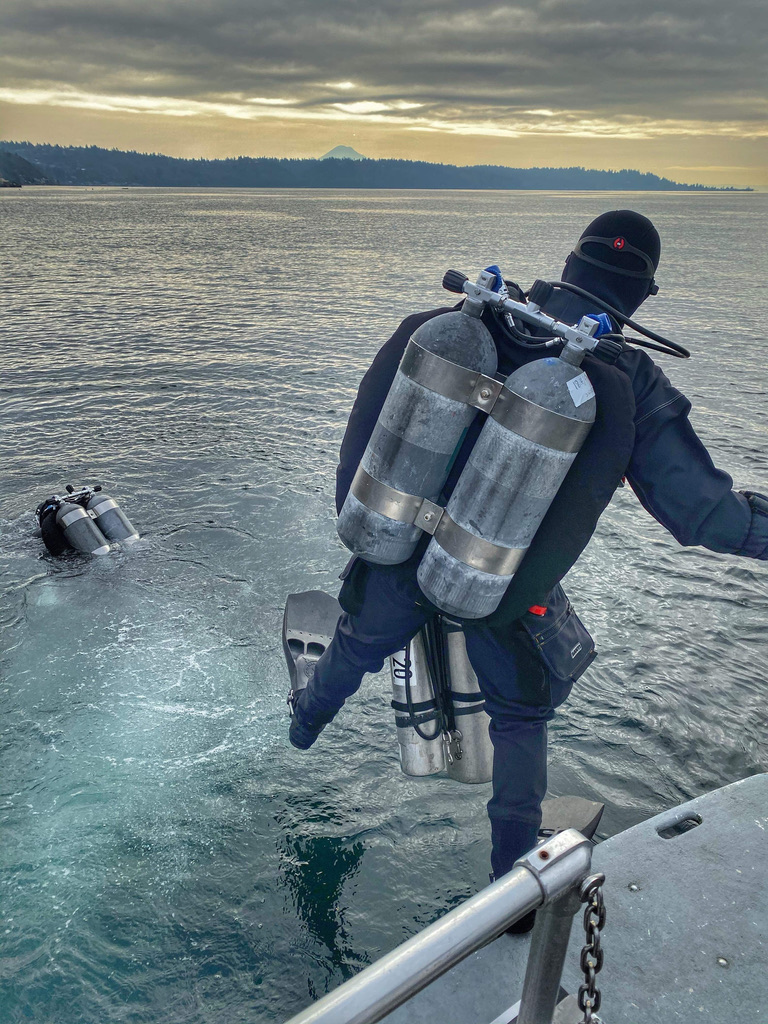
The second performance shaping factor is something that affects my decision making when I am at home and teaching in the Pacific Northwest. The water here is cold and while not as cold as some places, it is still consistently in the 7-13 degrees C range. Cold is most definitely a performance shaping factor and it affects us in multiple ways.
The first is that in the colder water we need to wear heavier undergarments and gloves, making it more difficult to move around. Buoyancy becomes more challenging as do activities that require a high degree of dexterity such as manipulating equipment underwater. It’s not only more difficult to do physically, but it also ramps up the mental stress levels and provides some performance anxiety.
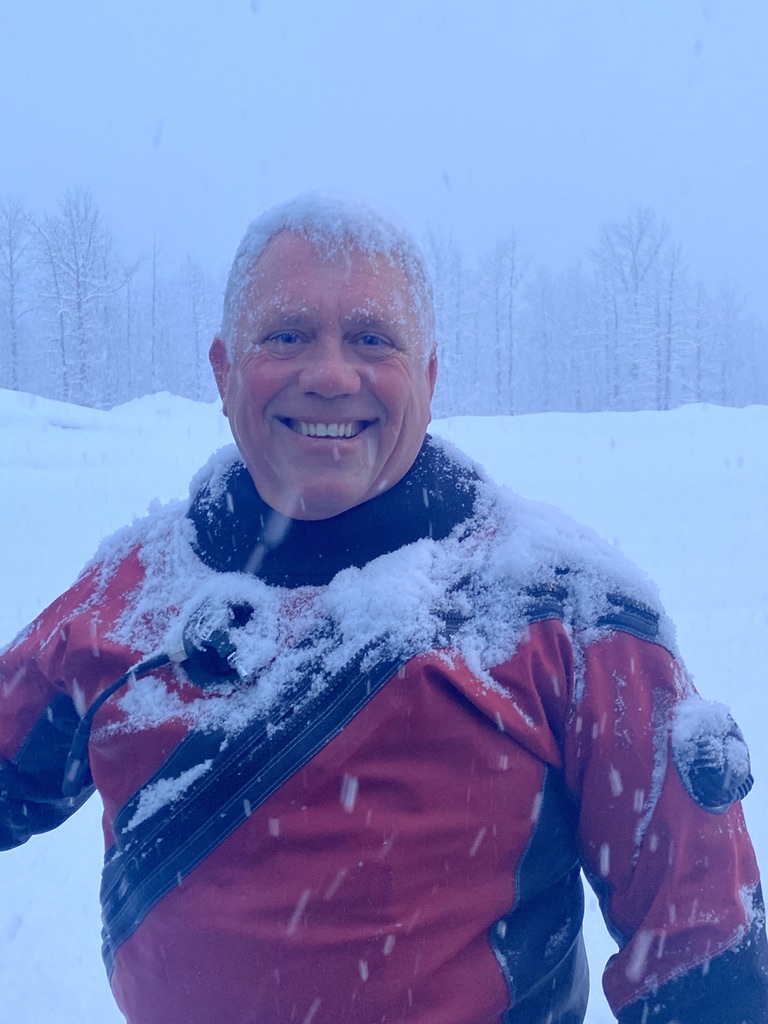
Cold also affects our cognitive ability. Studies have shown that cold affects our memory, processing speed, attention and something called executive function. The theory is that vasoconstriction occurs in our brain to keep our core warm much like our body allow our feet and hands to get cold as a means of keeping us alive by keeping our internal organs warmer! The long and short of it is that as we get colder, we become less able to make good decisions, and this is just a function of the environment. I try to push back against this with heated undergarments whenever I can but the nature of the type of diving I do has me in the water for a long time and as I get colder, I become less able to make good decisions. This is double bad news when you consider that this happens more so at the end of the dive when we are starting to make important decisions about decompression and ascent strategies.
Performance shaping factors such as fatigue and temperature can make it more challenging to make good decisions. In this case, both things are helping make it easier to do the wrong thing! However, awareness is the first line of defense and taking steps to alleviate their effects may not solve the problem, but it will certainly help!
Further reading: Diver Performance and the Effects of Cold
Guy Shockey is one of the Human Diver instructors. He is also a GUE Tech 2 & CCR 2 instructor operating from Vancouver Island, CA. You can find more about him and his courses here The Human Diver resumé and GUE Instructor Resumé
Want to learn more about this article or have questions? Contact us.




